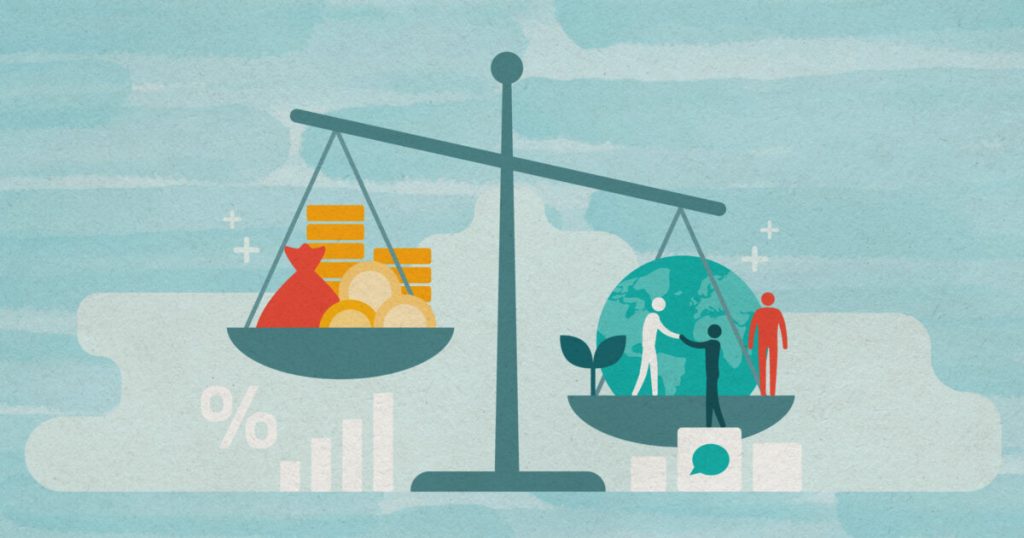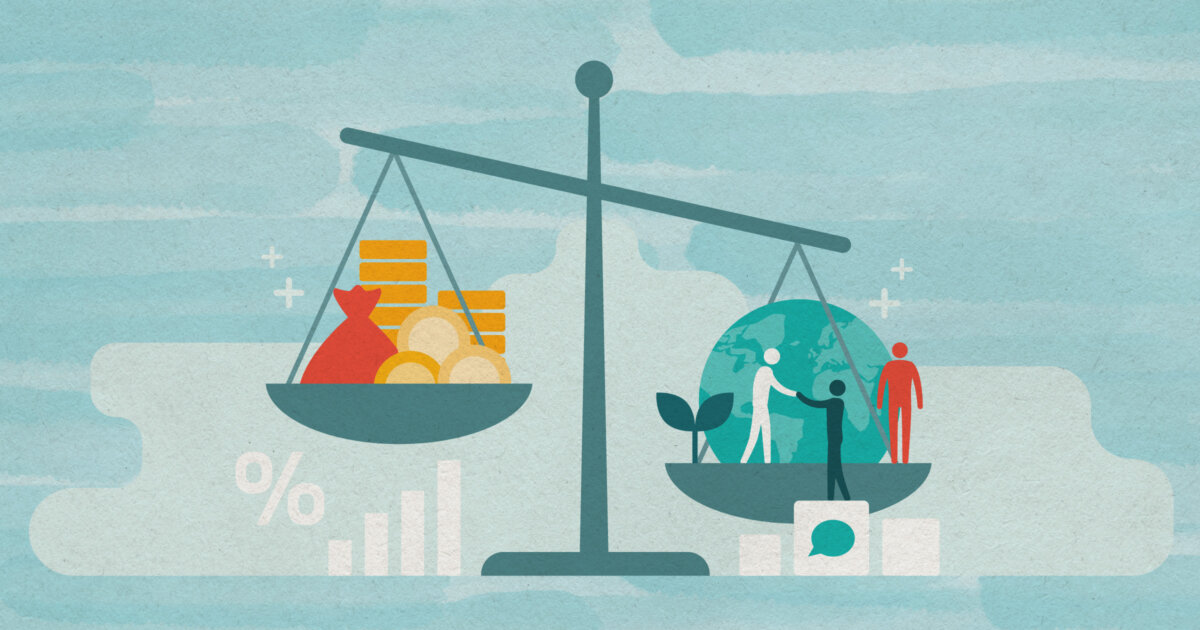
“Efforts Underway to Liberate Social Media from Corporate Control”

### The Rise of Decentralized Social Media: A Look at the Free Our Feeds Initiative
The state of major social media platforms has reached a turning point. From Mark Zuckerberg’s decision to scale back Meta’s fact-checking program to Elon Musk loosening content moderation policies on X (formerly Twitter), the digital public sphere has become increasingly disillusioned with billionaire-controlled networks. As concerns over misinformation, censorship, and platform monopolies mount, many users are grappling with a simple yet profound question: What does a healthier, fairer social media ecosystem look like?
Amid this backdrop, the **Free Our Feeds** initiative has emerged as a groundbreaking campaign to reshape the social media landscape. Built on Bluesky’s **Authenticated Transfer (AT) protocol**, the effort represents an ambitious attempt to decentralize social media, shifting power and data ownership away from corporations and into the hands of individual users.
Here, we break down the key aspects of the Free Our Feeds initiative, its goals, and what it could mean for the future of digital platforms.
—
### The AT Protocol: Bluesky’s Decentralized Foundation
At the heart of Free Our Feeds lies the AT protocol, the underlying technology originally developed by Bluesky. The protocol functions like a common language that allows social media platforms to interact seamlessly — but unlike traditional centralized systems, the AT protocol is decentralized.
Decentralization means no single authority (corporation or individual) would control the ecosystem. Instead, users could choose servers they trust, or even run their own, creating a more tailored and transparent social media experience. Bluesky CEO Jay Graber has been a vocal advocate for this approach, describing the AT protocol as a tool to make platforms “un-tamperable and un-ownable.”
The Free Our Feeds initiative aims to separate this core infrastructure from any corporate control, housing it under the stewardship of a public-interest foundation.
—
### Free Our Feeds: What’s the Vision?
The Free Our Feeds movement, spearheaded by a coalition of tech experts, activists, and public-interest organizations, seeks to take Bluesky’s vision to the next level. By establishing a decentralized network of social platforms, the initiative hopes to address some of the major shortcomings of today’s mainstream social media, including:
1. **Data Ownership**: In the current setup, platforms like Meta and X act as custodians of user data, often monetizing it without clear user consent. Free Our Feeds flips this model, ensuring users retain ownership of their data. This decentralization could open the door to greater privacy while reducing corporate influence over user behavior.
2. **Transparency and Accountability**: Algorithms on centralized platforms operate behind a veil of secrecy, prioritizing content that maximizes user engagement (and advertising revenue), sometimes at the expense of public discourse. A public-interest foundation maintaining the AT protocol could oversee algorithm development to ensure fairness and mitigate harm.
3. **Freedom from Billionaires**: The increasing oligarchical control of platforms by billionaires — and their unilateral decisions — has been a significant source of discontent. Free Our Feeds aspires to create an ecosystem that is resilient to external tampering, controlled instead by transparent governance processes.
4. **Experimentation and Innovation**: Such a decentralized network allows developers and entrepreneurs to innovate freely, creating new tools and applications that integrate seamlessly into the ecosystem.
—
### A Strong Public Foundation Backed by Grassroots Support
One of the campaign’s key goals is to establish a public-interest foundation to oversee the continued development, governance, and accessibility of the AT protocol. To achieve this, the Free Our Feeds initiative plans to raise **$30 million over the next three years**, with an initial $4 million milestone targeted by the end of the year. Currently, the campaign has raised **$74,000 from nearly 1,400 grassroots donors** — a show of early support from individuals across the globe.
The initiative has also drawn support from notable public figures, including Wikipedia founder Jimmy Wales and musician-artist Brian Eno. Fund organizers, such as Deepti Doshi and Eli Pariser of the nonprofit research lab New_Public, stress the importance of putting public interest before profit.
—
### A Promising Solution to a Global Problem?
While the Free Our Feeds initiative presents a bold vision, it is not without challenges. As Josh Kramer, editorial lead at New_Public, admits, it is “not a completely foolproof plan.” The undertaking — which attempts to reconfigure how the internet functions at a systemic level — faces enormous technical, financial, and political hurdles.
However, Kramer sees it as a step in the right direction: “It’s a significant step forward and a worthwhile experiment that could be leveraged to create a whole new way of doing things.” He likened the Free Our Feeds vision to the early days of the internet, where collaboration and openness were foundational values.
—
### Why This Matters
The campaign comes at a time of